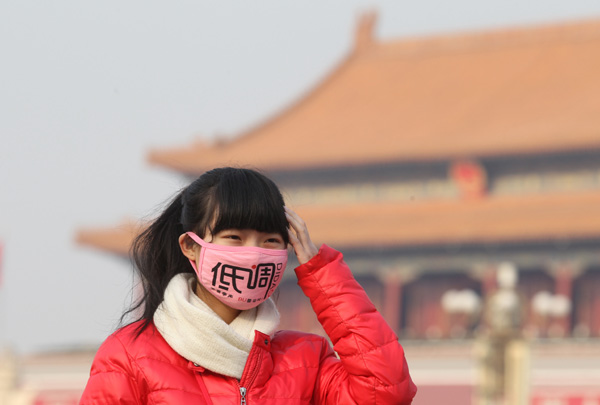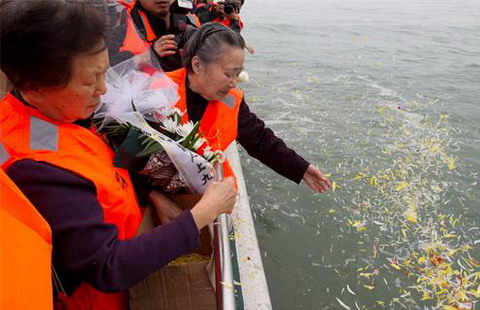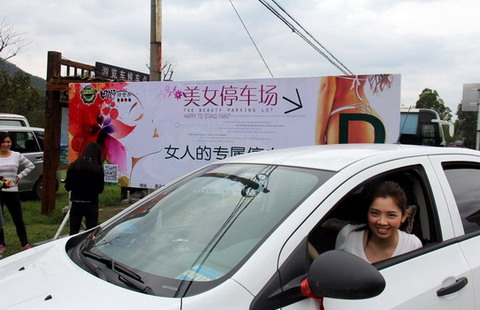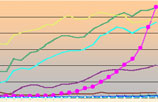Measures against pollution
(China Daily) Updated: 2015-04-02 07:39
 |
|
Beijing is blanketed with thick smog on Tuesday, a sharp contrast to the blue skies during the APEC meetings in the capital in November. ZOU HONG/CHINA DAILY |
The new heavy air pollution emergency response program introduced by the Beijing authorities will more effectively help curb the smog that plagues the capital.
Compared with the old version, which was adopted in October 2013, the new program, introduced on Monday, lowers the thresholds for issuing air pollution alerts, expands the emissions reduction measures and increases punishments for violators. According to the program, a red alert, the highest warning level, will be issued if there is continuous severe air pollution for 72 hours or longer, and corresponding emergency measures such as controlling the number of vehicles will be implemented. Primary and middle schools will suspend classes.
Due to their high thresholds before an alert was issued, the 2013 measures failed to reduce air pollution in Beijing. For example, the capital suffered heavy air pollution for seven consecutive days in the second half of February 2014, but no red alert was issued and no effective emergency measures were taken. This sparked public anger and calls for the authorities to put in place more effective emergency response measures.
The effectiveness of the emergency measures taken by the authorities to tackle the heavy air pollution in Paris recently, including restricting the use of some vehicles, was a good example for Beijing to emulate.
If enforced properly, the new program will help curb pollution in the capital. To forcibly reduce vehicle use is believed by some car owners a move to compromise their interests, but this is just a temporary price they should be willing to pay for a short period of time for the sake of their health and the health of others.
Tackling air pollution is a worthwhile campaign that needs the participation of all.
The above is an abridgement of a China Youth Daily article published on Wednesday.











